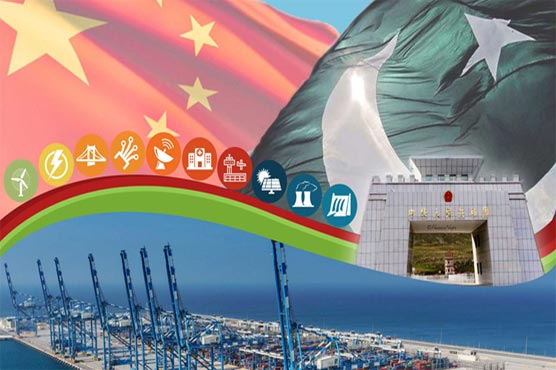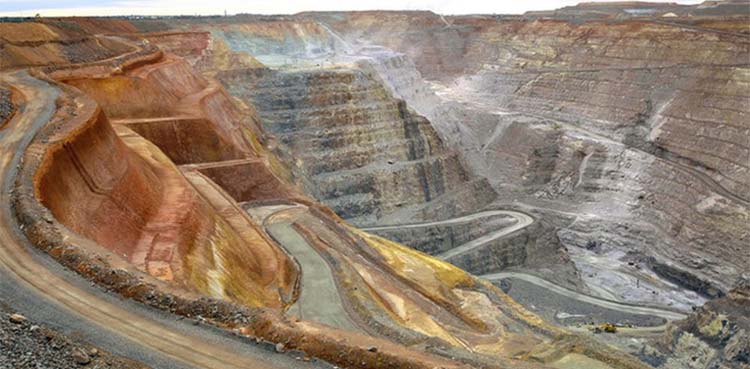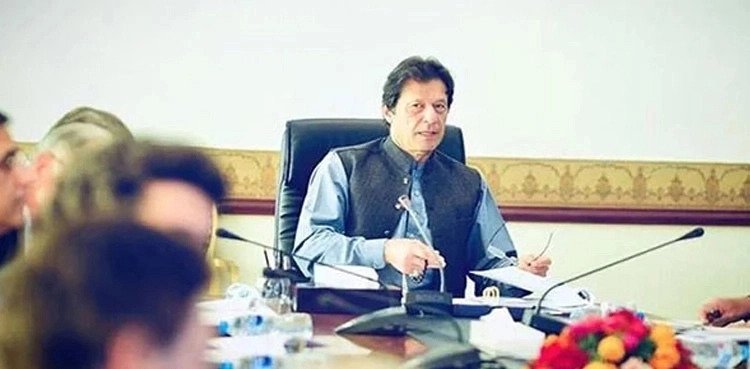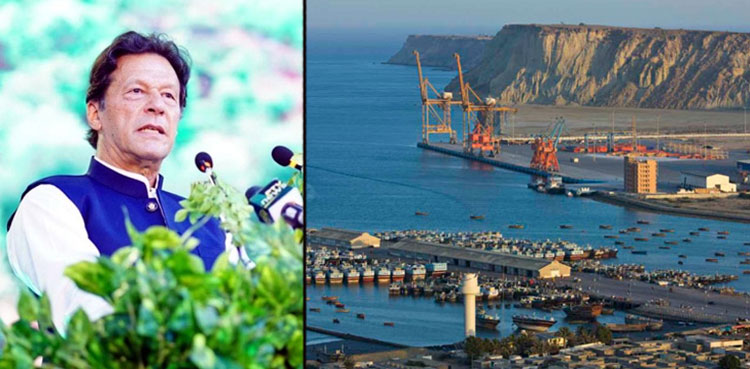ISLAMABAD (APP) – Speakers at a webinar said that there was a large scope for cooperation on China Pakistan Economic Corridor (CPEC) among China, Pakistan and the Central Asian States (CASs) which includes energy production, mining industry, food industry and agriculture.
The webinar titled “China Pakistan Economic Corridor & Central Asia: Evolving Connectivity” was organized by Lahore Center for Peace Research.
Speaking in the webinar Former Ambassador Hüseyin Avni Botsali (Turkey) said that world is facing drastic changes with unforeseeable consequences ( due to Covid-19 pandemic) and they have reshaped the parameters of interaction, between states and individuals.
It has undermined the present world order and is contributing to shaping a new world order. Furthermore, he added that success of the projects with the vision of connectivity is linked to peace and stability in Afghanistan.
Deputy Director, Center for South Asian Studies, Fudan University, China Lin Minwang said that ‘inclusivity and mutuality’ are the hallmarks of BRI and the CPEC is the most successful project in BRI framework.
He added that China has launched several projects in Central Asia and Afghanistan under BRI initiative and is now thinking to connect all the projects of BRI to enhance their impact.
Moreover, he noted that China is facilitating Afghan Peace Process and is also promoting relations between Pakistan, Afghanistan, and Central Asian Republics.
Ambassador of the Kyrgyz Republic to Pakistan Erik Beishembiev pointed out that the globalization has turned the world into an interdependent entity.
He added that Kyrgyz republic see the CPEC as a catalyst for economic growth. In his view there is large scope for cooperation on CPEC among China, Pakistan and the Central Asian states which includes energy production, mining industry, food industry, agriculture, etc.
He pointed out that the people to people contact between Pakistan and Central Asian Republics will accelerate the economic growth and the connectivity will provide the requisite impetus.
Former Finance Minister Dr Salman Shah said that China-Pakistan Economic Corridor is a monumental initiative.
He explained that the BRI is a framework that connects four out of five major global economic hubs of the world and envisages the win-win situation for almost 70 countries with unlimited opportunities and prospects for economic growth.
He said China has emerged as “champion of globalization” and has full potential to dominate economic global relations for the next century.
The Central Asia after the end of Afghan War, like East Asia after the end of Vietnam war, has its turn to blossom economically with its enormous amount of natural resources, energy, agriculture, tourism and its geographic location at the crossroads of several regions.
Dr Salman, however, pointed out that it is the leadership of the countries who should translate the potential and connectivity framework into a workable plan that can deliver on the ground across.
Sadullo Rasulov said that the BRI is the linchpin in the connectivity for the land locked Central Asia Region.
He reiterated that Uzbekistan was amongst the first ones to support CPEC which strategically lies at the heart of the geographical centre of the region. He argued that Uzbekistan has a substantial role in CPEC especially in terms of infrastructure building for transportation, telecommunication, tourism and energy based projects.
Lastly, he emphasized upon promoting peace process in Afghanistan, which is long overdue and is an impediment in the way to achieving regional peace and stability.
Former Ambassador Shamshad Ahmad summed up the discussion saying that the people of South Asia and Central Asia romanticize with the concept of integration and draw their inspiration from various historic narratives.
He said, the CPEC is an ‘epoch making’ initiative and a rare opportunity for building peace and prosperity through connectivity for the states of South Asia and Central Asian region. They can avail of the benefits of economy of scale through integration of their transportation, trade, energy and tourism capacities.





